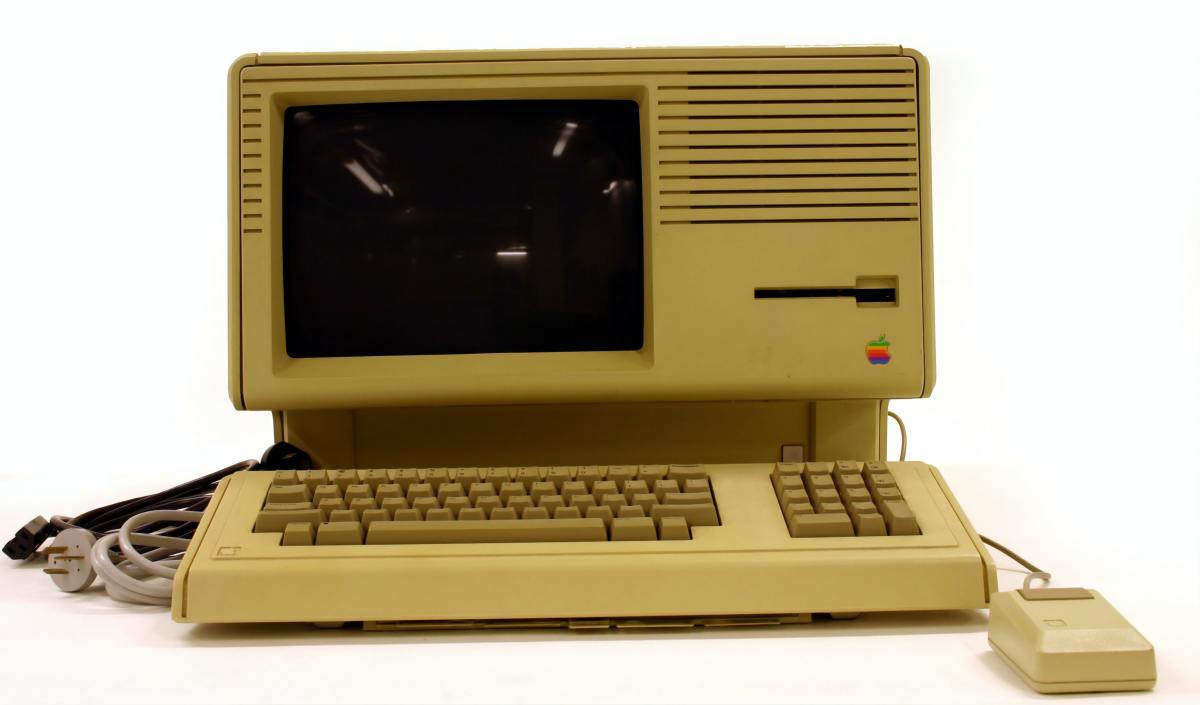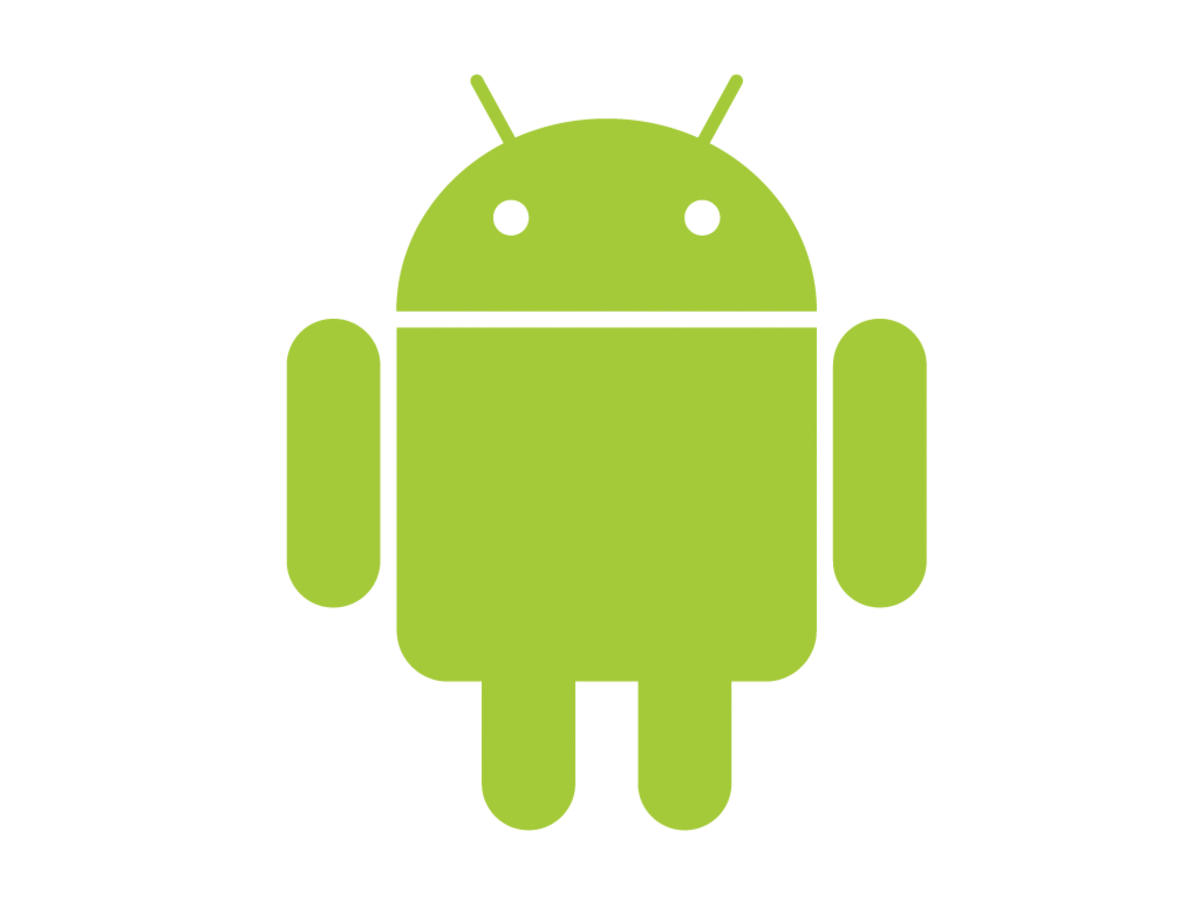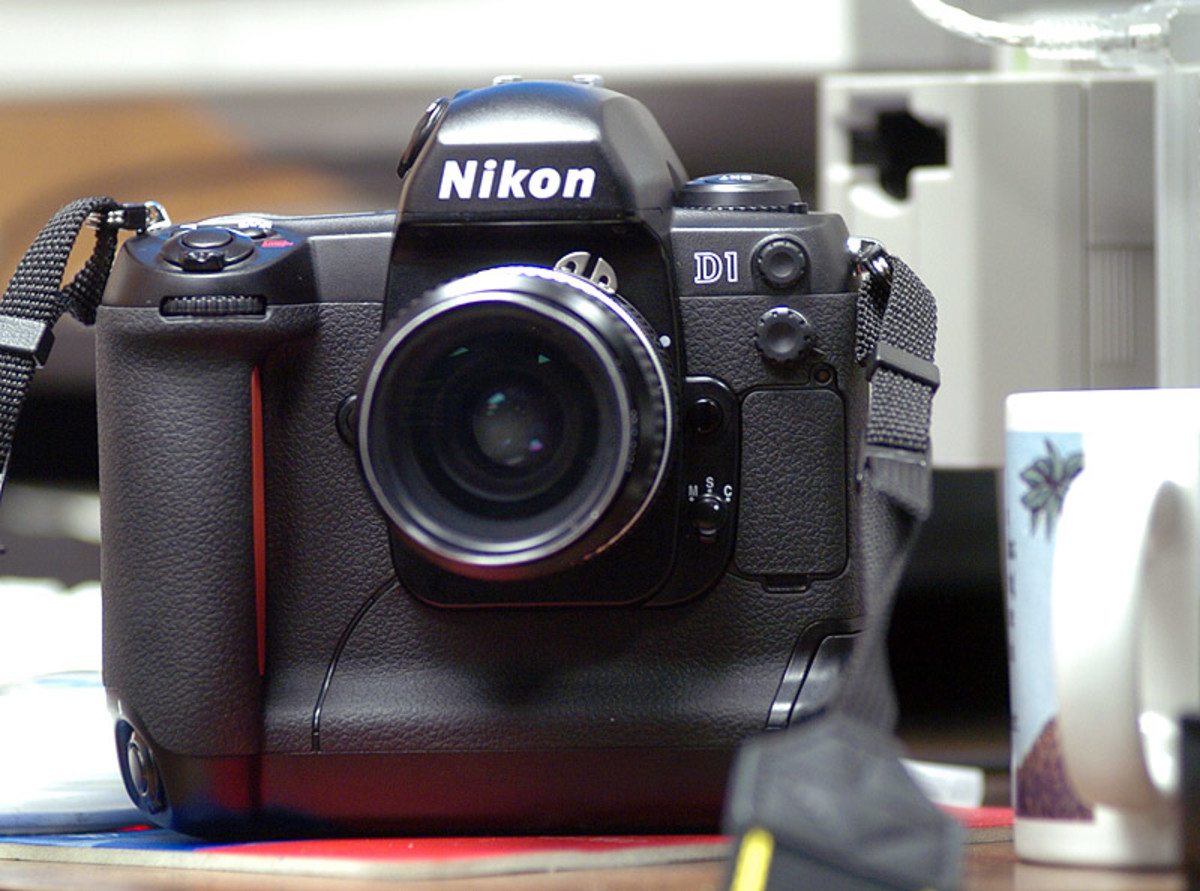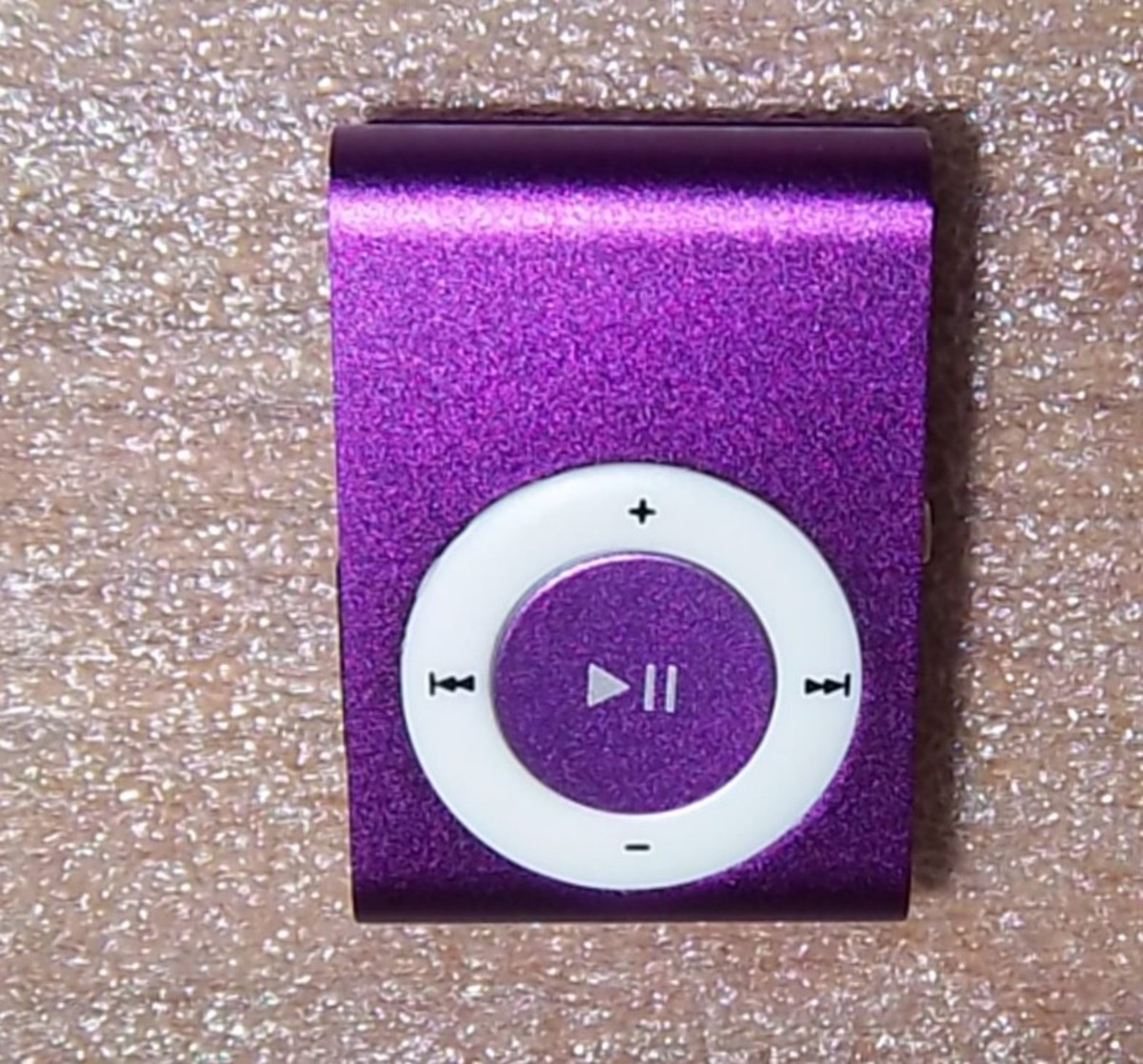The Politics of the Mobile Communication World
The First Apple


How It All Began
On April 1, 1976 Steve Jobs and Steve Wozniak launched what would become the Apple Empire with the Apple 1 computer. While they were not an instant success, they kept making significant advances.
It wasn't until 1981 that IBM developed a personal computer, which they actually didn't think would become that popular and for some insane reason they pretty much gave it away to anyone who wanted to work with it, and so we had IBM clones.
In 1985 along came Microsoft, who put a more user-friendly interface on the somewhat complex DOS operating system which was the backbone of any PC. This interface which is called Windows was to become the dominant force in desktop computing over the next few decades.
Due to IBM clones being more or less open source, meaning that any company could reverse engineer them and alter them to make them their own product, and the fact that Windows became the interface of choice for these computers, Windows gained in 90% market share pushing Apple's Macintosh to a small cult following. This happened despite the fact that many considered Macintosh a better computer.
There were many factors involved in this, but two of the most prominent were poor marketing and the illusion that Macintosh computers were very expensive, and software availability, as being more of an open-source type product a majority of software developers were focusing on Windows, giving PCs the edge.
Steve Jobs and Apple had parted ways in 1985, but in 1996 they reunited, and Apple, which had not really been doing that well at the time, started on a new path under the direction of Jobs.
Although under Steve Jobs direction Apple was recovering, in 2001 the iPod was the beginning of Apple's rebirth, and new rise to a power position. Everyone had to have an iPod and they became one of the hottest selling items of the decade. And this began Apple's rise to the undisputed king of mobile computing.
How It All Started to Become Complicated
In 2003 Andy Rubin, Steve Miner, and Nick Sears began little company which they called Android Inc.. They never actually released anything, but were working secretly on an operating system which they kept a mystery, so very few people even had an idea of what they were doing. Unfortunately this didn't generate a lot of income, and they found themselves on shaky grounds financially. Their work, however, did arouse the attention of Google, who in 2005 bought them out completely, making Android a wholly owned subsidiary of Google Inc.
In the meantime, Apple, under the direction of Steve Jobs had managed to turn around and in June 2007 they released the first iPhone, which had a succession of upgrades over the next few years. They immediately became extremely popular, making Apple the major power in mobile communications. There wasn't any other phone that even came close to what the iPhone could do.
However, Google had plans for Android, and they were made it available to cell phone manufacturers as an open source platform that they could modify as they chose and make their own. In November 2008, the very first android smartphone was released, the HTC Dream. Now while at this point the iPhone had nothing to fear from its new competitor, this was a situation that would change in a relatively short period of time.
Android had a unique way of naming their operating system upgrades. In 2009 it started naming them by desert names, starting with Cupcake and working their way up the alphabet to Donut, Eclair, Froyo, Gingerbread, Honeycomb, Ice Cream Sandwich, and the current Jellybean. With each successive upgrade, they gained on the iPhone's technology.
At first Apple kind of ignored the Android phones, thinking that they wouldn't be a threat. However, due to a lower price point and the fact that as an open-source product there were actually hundreds of competitors with each cell phone company making its version or versions of the android smart phone, Android rapidly became a major intruder in Apples domain

As Things Evolve
In 2010 Apple released the iPad, and it was greeted with enthusiasm. It instantly became a must-have item for businesses and those who were on the go. While android released a few competitive tablets, the android operating system wasn't designed for tablets and therefore none of these was truly competitive, although the 7 inch Samsung Galaxy Tab made a fair showing.
Android released their first operating system designed for tablets in 2011, Android 3.0 Honeycomb. The Motorola Xoom followed by several other Honeycomb tablets were soon released and each compared itself with the benchmark the iPad. They were coming close to matching technology though they weren't quite there, so Apple released the iPad II, which had many upgrades over the original iPad.
Of course not to be outdone, Android also made a series of releases, and it became a war often referred to as the Tablet Wars. To date the iPad has managed to hold on to its dominant position, however the android tablets are coming very close and Android rumors have predicted in the not too distant future to actually overtake the iPad.
Predictions are always subject to change, but the current state of affairs actually has android smartphones claiming 75% of the world's market. This was not thought to be possible back in 2008, but there's a lot of politics involved in this which I will get into in the next section.
Hypotheses about The Struggle for Domination in the Mobile Communications Sector
Up until now everything is been background information. I'm trying to get to the motivation behind the individual players in the Mobile Communications Wars. This isn't limited to just Apple and Google, for in 2010 Apple's profits exceeded Microsoft's. Microsoft was afraid that it might go the way of the dinosaur as mobile computing became the mode. Realize anything I say in this section may or may not be true, because I am speculating on the motivation of these companies, which is something that I truly cannot know for sure.
We have Google who dominates the desktop search engine market, and who makes their money from advertising. They jumped into the mobile market because they knew it was the wave of the future, and in hopes of finding a new revenue source in mobile communications. They have made an all-out effort to seek dominance in this arena. Even to the point,however, of possibly selling their products at a price point where they might be losing money.
Their new Nexus line initially wasn't priced much higher than the cost of the components. There has been some question, however, as to whether their efforts have been worthwhile. After all what good is it to achieve dominance if you go broke doing it. (Google is in no Danger of going broke in the near future) Also some were of the opinion that the mobile sector isn't yielding the financial rewards that Google had predicted. Still, once you're on a path it is sometimes too late to get off, and after all they hold 75% of the smartphone market and are predicted to soon dominate the tablet market as well.
We also have Microsoft, who also sees the wave of the future and is struggling to get a foothold in the mobile communications sector. Its recent release of Windows 8, with its accompanying mobile devices was a major attempt at gaining a larger market share. Unfortunately while the Windows 8 phones and tablets are excellent products, they have not exactly caught on like wildfire.
Microsoft is not going to give up however, because their future is at stake. As people move more and more from desktop to mobile computing, there one time reign of dominance in the computer industry dwindles. One might say they're fighting for their lives.
Of all the Giants in the struggle Apple is faring the best financially. They however want to maintain the solvency. If they end up being pushed out as they once were by Microsoft it would be a sad state of affairs. Still organizationally Apple is strong and it would take a major upheaval in the industry to change that. However, things are changing rapidly, so one never can tell.
Apple however isn't taking any chances, it is attacking Android in the courts. One might think that they've resorted to the courtroom because they can't compete any longer in the technical arena. I actually find that difficult to believe, but I would like to see them put up a better technical fight, rather than let Android actually outdo them. Still if nothing else, these courtroom battles will force manufacturers to raise prices, and androids low-price point is certainly a factor in their viral expansion.
To complicate matters, there's a new player emerging in the smartphone world and if you study up on them, you'll find that they may stand a good chance of gaining a major market share.
This new company is called Sailfish, a Finnish company that is a break-off from Nokia. They have an excellent product, it doesn't infringe on any patents, they are truly open source placing no restrictions on manufacturers, and they have a plan. Again their success is purely hypothetical as they will only be launching their phone in China soon and it is obviously far too early to make any predictions. But you should watch Sailfish's advance into the mobile communications arena and see what happens.
What Does the Future Hold?
It is anyone's guess how all of this will play out. Will Android continue its viral expansion and become the dominant force in mobile communications? Is Apple going to pull a rabbit out of its hat and reassert its technical dominance, while weakening Android in the courtroom? Will Microsoft's phones and tablets catch on and start increasing their market share, but will they find some patent that everyone's infringing upon to start attacking the others? Will this upstart new company Sailfish come out of the bullpen and push everybody else aside, especially if there are a lot of patent battles, which they've gone out of their way to make sure they are immune to?
It's really anybody's guess. Since the mobile communications sector looks as if it will be the wave of the future each of the players consider it to be a prize worth fighting for. Some even feel their survival depends on it. No one can say with absolute certainty how it will all turn out, but what I am sure of is that this struggle should end up producing some incredible technology that will benefit mobile users the world over.








